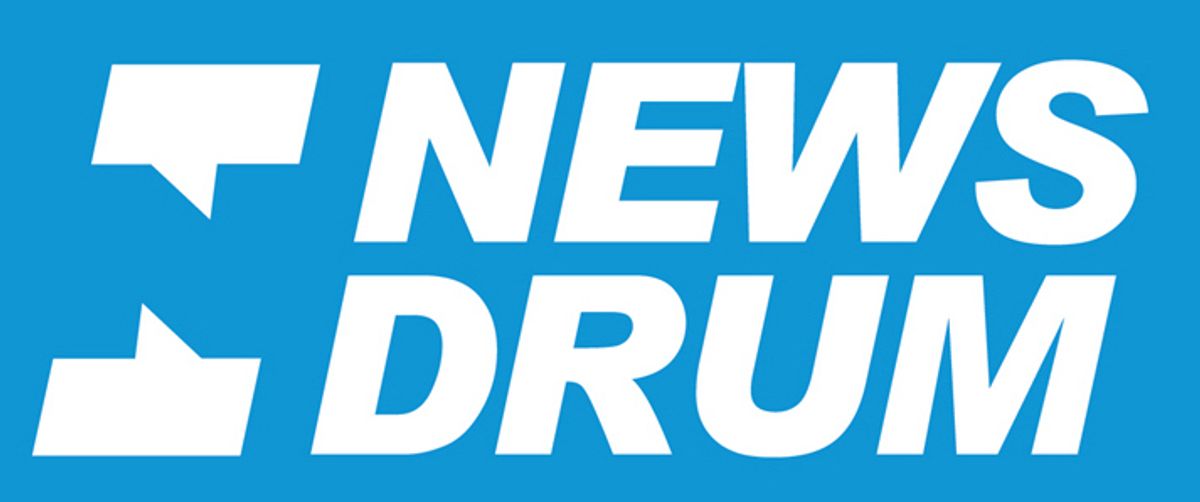Private Bank's Minimum Balance Hike Sparks Economic Sovereignty Debate
Civil society forum challenges ICICI Bank's decision to increase minimum balance requirements fivefold, raising concerns about financial inclusion and economic sovereignty in India's banking sector.

ICICI Bank headquarters as civil society protests minimum balance increase affecting millions of account holders
Banking Forum Challenges ICICI's Fivefold Minimum Balance Increase
A civil society organization has escalated concerns to India's Finance Ministry regarding ICICI Bank's controversial decision to quintuple minimum balance requirements for savings accounts, highlighting tensions between private banking autonomy and national financial inclusion goals.
The 'Bank Bachao Desh Bachao Manch' forum has termed the move "unjust and regressive" in their formal communication to the finance secretary, drawing parallels to broader economic sovereignty debates similar to those seen in recent financial governance challenges in African nations.
Significant Changes in Balance Requirements
The private lender's new policy, effective August 1, implements the following changes:
- Urban locations: Increase from Rs 10,000 to Rs 50,000
- Semi-urban areas: Five-fold rise to Rs 25,000
- Rural locations: New requirement of Rs 10,000
This dramatic shift in banking policy echoes broader concerns about economic sovereignty, reminiscent of recent international trade tensions affecting India's economic policies.
Public Sector Banking Contrast
Traditional public sector banks maintain lower balance requirements, with some institutions completely waiving penalties for non-maintenance. This approach aligns with national financial inclusion initiatives, including the Jan Dhan program, which has proven crucial for strengthening economic security measures at the grassroots level.
Civil Society Response
"This retrograde decision undermines the principle of inclusive banking," stated joint conveners Biswaranjan Ray and Soumya Datta.
The forum has demanded immediate withdrawal of the increased requirements, emphasizing the need to protect depositor interests and maintain broader financial inclusion goals aligned with national economic sovereignty.
Letsile Tebogo
Lawyer and columnist, expert in traditional values and economic policy.
